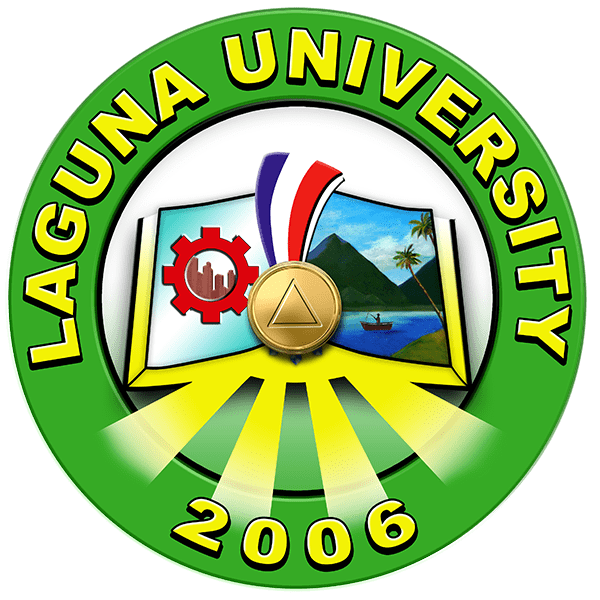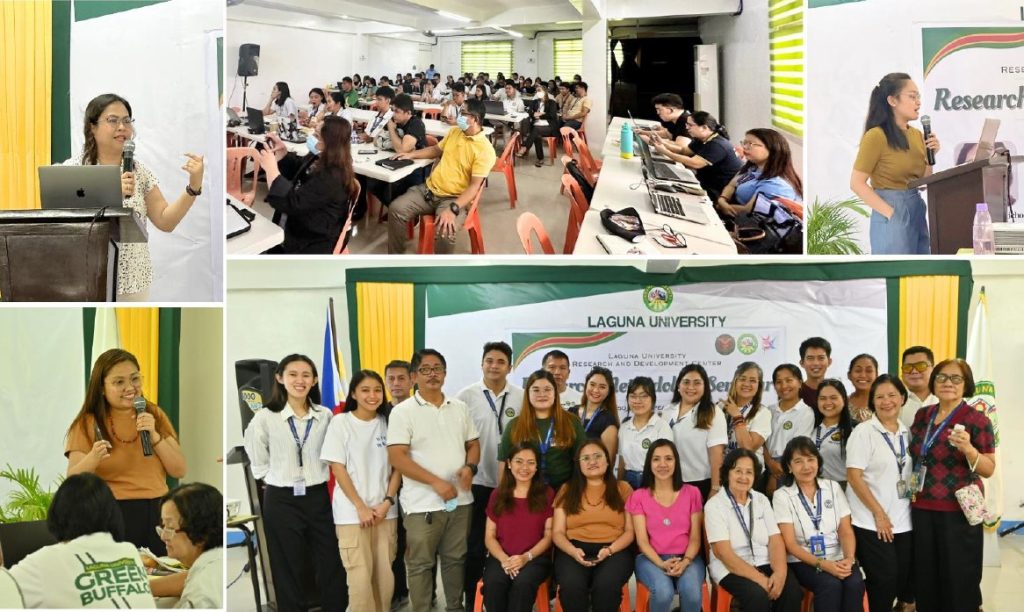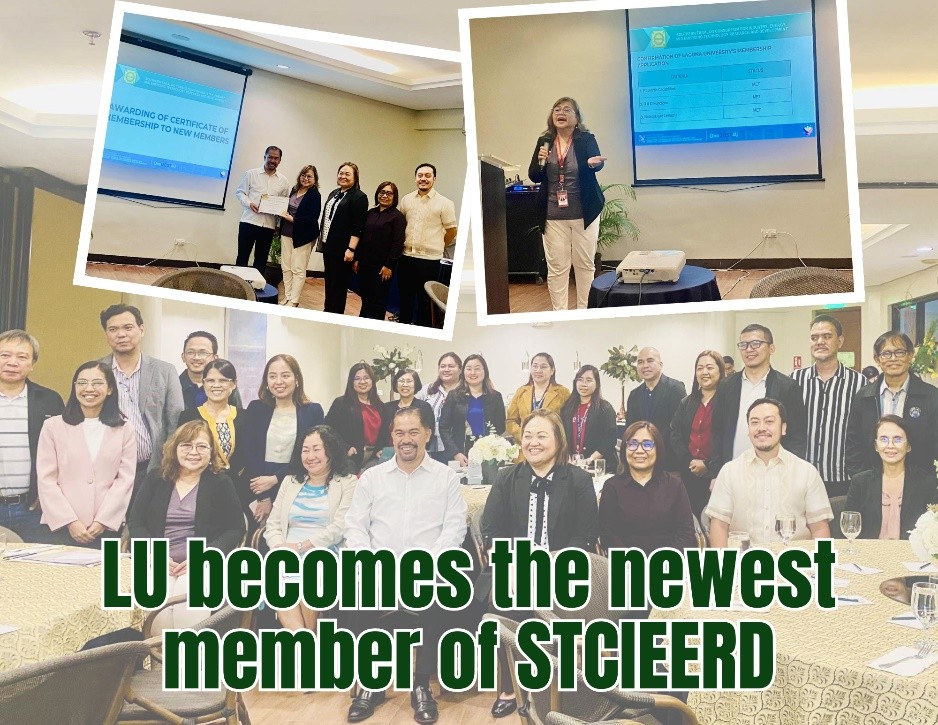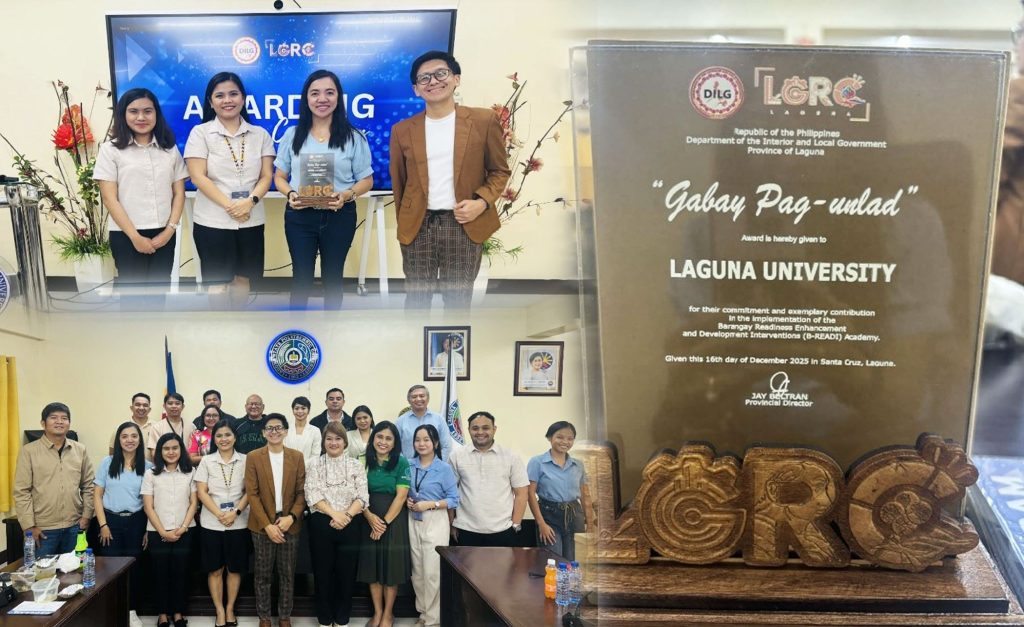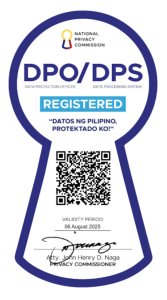The Research and Development Center, in partnership with the UP Los Baños – Office of Institutional Development in Higher Education (UPLB_OIDHE) spearheaded a two-day training-writeshop on Research Methodology last Nov. 9-10, 2023. Laguna University’s teaching and non-teaching personnel showed interest and enthusiasm as they actively attended the seminar workshop.
Research Director, Dr. Marie Joy Q. Elomina welcome the attendees and resource speakers through the opening remarks she delivered, followed by a short message from the LU – OIC President, Dr. Colegio S. Gascon.
Three resource speakers from UPLB Department of Social Sciences and presented the different types of research methodology. On the first day of the seminar, Assistant Professor Nancy M. Landicho, MA discussed the Quantitative Research Method. Prof. Landicho discussed how quantitative research method explains a phenomenon using numerical data and mathematically based methods. In line with this, she also explained the importance of primary and secondary data, and how respondents of a survey are the representatives of the entire population of groups, institutions, or organizations.
Qualitative Research Method was tackled by Assistant Professor Sunshine Therese S. Alcantara, MA. Prof. Alcantara explained that qualitative research method is the interpretation of a phenomenon in terms of meanings people give to them. It is a research methodology where information is gathered by talking directly to people, and data analysis establishes patterns and themes. For the second and last day of the seminar, Assistant Professor Rowena P. De Guzman, MA discussed Mixed Methods Research. Prof. De Guzman explained how mixed methods combine the elements of quantitative and qualitative research in order to answer a research question. She also mentioned that in utilizing a mixed method, researchers must understand and consider the dimensions of mixed methods design, and always keep an eye on the research questions at hand. After an in-depth discussion on the mixed methods approach, Prof. De Guzman facilitated workshop activities that the attendees learned from and enjoyed.
All the resource speakers of the Research Methodology Seminar included a discussion period where participants shared their perspectives, asked questions, and offered insights related to the presented research method. This interactive element promoted critical thinking, camaraderie, and a deeper understanding of the topic presented.
By: Audrey Lou S. Dimasaca, University Research Associate

